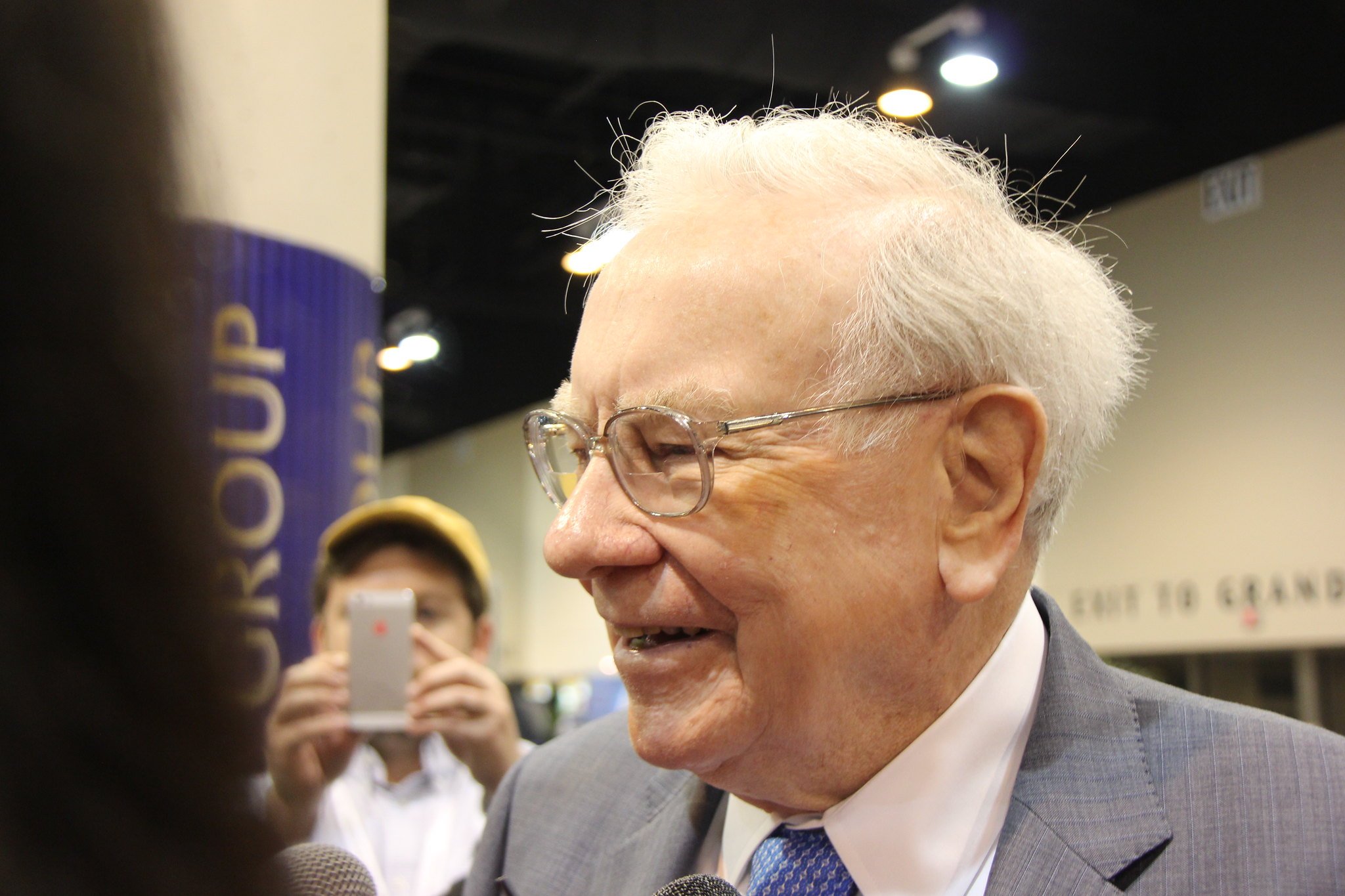It took Bank of America (BAC 1.34%) just about a year to double its share value, and it’s taken some hard work to get there. The bank’s recent performance is nothing short of spectacular, but the big question on investors’ minds is, naturally, “Can it last?”
Call me crazy, but I’m inclined to think B of A’s momentum can -- and will -- continue, until the bank’s stock is cozying up to $20. Here are the indicators that I think will propel Bank of America ever upward to my predicted price -- just about mid-year.
CEO Brian Moynihan is bullish on lending
It might have been fellow banks JPMorgan Chase (BAC 1.34%) and Wells Fargo (WFC 1.23%) boasting about their big revenues from mortgage lending at the end of Q3 last year, or the sting of PIMCO analyst Scott Simon opining that B of A and Citigroup (C 1.79%) have both missed the boat on the mortgage-loan resurgence. In any case, Mr. Moynihan has declared to the Financial Times that he is throwing down the gauntlet on lending -- and plans to surpass rival JPMorgan in that realm this very year.
This last will be a tough call, but you have to admire the guy’s moxie. He knows that the recent increases his bank has made in lending won’t give it the consistent income it needs for growth, nor will that pace do much to impress the Fed when it comes time for the upcoming stress tests. So, he’s determined to increase both consumer loan activity and business lending big time this year.
Good to hear, and there’s nothing like an industry titan saying that he’s pumping up revenue generation to make investors rub their hands together in glee.
Bank of America is still working on its girlish figure
Although Moynihan has recently put less stress on the nipping and tucking that his bank has been doing over the past year or two, there is more news in that arena, as well. As the bank has shed over $60 billion in assets over the course of Project New BAC, it has added $12 billion to its capital cushion. One way it has done this is by selling off sizeable chunks of its mortgage-servicing rights -- $83 billion worth over the past two years.
At a recent investors’ conference, Moynihan hinted that more of the same might be in B of A’s future, and it appears that the future is now. The bank just unloaded $215 billion onto Nationstar Mortgage (NYSE: NSM), a mortgage servicer that was more than happy to oblige, particularly since grabbing $10 billion from B of A just last June. Another $93 billion in MSRs went to Walter Investment (NYSEMKT: WAC), another big mover in the industry.
Slicing off chunks of these rights serves a dual purpose for Bank of America: It reduces an asset class deemed risky by bank regulators, and brings in cash to further plump capital reserves.
There is a good chance that B of A will increase its dividend
All the aforementioned efforts are not only aimed at making the bank hale and hearty, but also to show the Fed that Bank of America can now comfortably pay a decent dividend to its investors. Though Moynihan won’t risk embarrassment by asking the Fed directly, he announced in October that his bank has the best capital cushion of all the big banks, and that investors deserve a larger divvy.
Truth be told, things are looking pretty good in that regard. The announcement of B of A’s newly cushy capital reserves has been a key driver, I believe, behind the sustained rally and upward trajectory of the bank’s stock. As the stress test nears, and Moynihan continues to trumpet how far the bank has come in just one year, I’ll bet investors will drive the stock price higher still.
The real biggie, of course, will be the stress test results. Going in, B of A looks brilliant, especially since it is able to brag that its reserve level is higher than Basel III rules require. And, as Moynihan continues to make timely announcements regarding future earnings prospects, the notion of a bigger divvy -- and even stock buybacks -- is looking more and more like a reality and less like a pipe dream.
Additionally, B of A has just settled some prickly issues regarding toxic mortgages. One will finally end its long-term mortgage-repurchase battle with Fannie Mae by paying the agency $11.6 billion, and the other involves pitching in with nine other banks on the $8.5 billion settlement regarding fraudulent foreclosure abuses. Clearing the decks on these long-standing issues should go a long way toward currying favor with both regulators and investors.
All this isn’t to say that the bank will have entirely smooth sailing. The Countrywide issue still looms large as the bank continues to face litigation expenses and put-back requests spurred by loans originated by that 2008 acquisition. But, evidence of recovery is clear, and investors are rallying to Moynihan’s victory cry. After the stress test results are in, I strongly suspect that there will be fewer doubters left, and many more satisfied investors.








